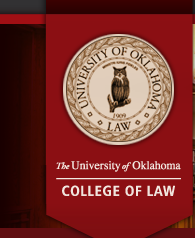Document Type
Article
Publication Date
2021
Publication Title
New Criminal Law Review
Abstract
A young defense attorney earns his client, charged in federal court with bank robbery, a jury acquittal. (It’s the attorney’s first.) One would expect the impartial judge to thank the jury for its service. Instead, this one harangues both jury and defense attorney (“entailing changes in his complexion from red to purple to dead white”), publicly rails against the verdict, attempts to bar the jurors from future service, refuses to release the defendant, and successfully prods prosecutors to bring a duplicative state prosecution that would end in conviction for the same crime. To anyone who respects the rule of law—or at the very least to anyone who respects the American jury—this should be deeply troubling. Yet when it took place in a Chicago federal courtroom in December 1953, state prosecutors leapt at the federal judge’s call. And when the appeal of the duplicative state prosecution reached the United States Supreme Court, the defendant lost 5‑4. Criminal practitioners know that result as Bartkus v. Illinois, 359 U.S. 121 (1959), a rule of double-jeopardy “dual sovereignty” that the Court reaffirmed in 2019. But next to nobody appreciates how it began in that Chicago federal courtroom. That history comes to life in the unpublished notes of the remarkable defense lawyer. It is a story that underscores just how wrongheaded is the legal rule, and that makes vivid the abuse of judicial power.
Volume
24
First Page
498
Recommended Citation
Stephen E. Henderson & Dean A. Strang, Behind Bartkus: A Flamboyant Lawyer, A Vindictive Judge, And The Untold Story Of Double Jeopardy's Dual Sovereignty, 24 New Crim. L. Rev. 498 (2021).
Included in
Constitutional Law Commons, Criminal Procedure Commons, Judges Commons, Legal Profession Commons
